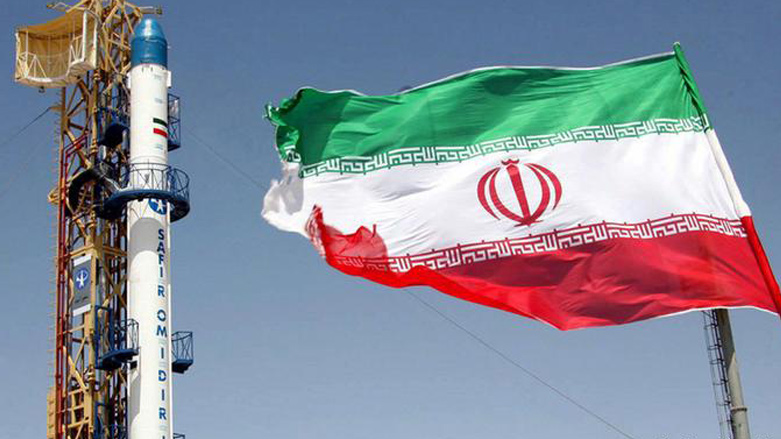US, Israel condemn Iran space launch

WASHINGTON DC (Kurdistan 24) – Secretary of State Mike Pompeo condemned Iran’s firing of a space launch vehicle on Tuesday, criticizing it as a violation of UN Security Council Resolution 2231.
That resolution, approved in July 2015, endorsed the Iranian nuclear deal, formally known as the Joint Comprehensive Plan of Action (JCPOA.)
The Trump administration criticized the JCPOA as ineffectual, left the agreement last May, and reimposed sanctions in November. However, the other parties to the JCPOA, including Iran, claim they are still abiding by its terms.
Yet the technology involved in launching a satellite into space and that involved in building an intercontinental ballistic missile are indistinguishable. Thus, seemingly peaceful space launches can serve as a cover for missile programs—and missiles are generally required to deliver nuclear weapons.
Earlier on Tuesday, Tehran attempted to launch its Payam satellite, which it said would be used for imaging and communications, atop its Simorgh rocket.
That was the third time Iran has fired the Simorgh, and the first time it carried a payload. But the launch failed in its third stage, according to Iranian officials, and the satellite did not reach orbiting altitude.

According to the language of Resolution 2231, “Iran is called upon not to undertake any activity related to ballistic missiles designed to be capable of delivering nuclear weapons, including launches using ballistic missile technology.”
Tehran claims that the language of the resolution—”called upon”—is not binding, and, therefore, it is not in violation of the JCPOA. However, in July 2017, Iran launched another satellite, using the same rocket, the Simorgh.
At that time, the European signatories to the JCPOA—Britain, France, and Germany—all joined the US in condemning the launch as “a threatening and provocative step.” Russia was the notable exception, as Moscow joined Tehran in claiming that the agreement had not been violated.
Like Pompeo, Israeli Prime Minister Benjamin Netanyahu also criticized the Iranian space launch.
“Iran is launching an innocent satellite,” he said on Tuesday, “but it is actually interested in reaching the first stage of an intercontinental ballistic missile, violating agreements.”
Netanyahu spoke in Tel Aviv, at a ceremony for the appointment of the Israeli Army’s new Chief of Staff.
The outgoing Chief of Staff, Lt. Gen. Gadi Eisenkot, gave an unusually candid interview to The New York Times’ Bret Stephens, in which he revealed the extraordinary confrontation between Israel and Iran that has taken place over the past two years in Syria.
Eisenkot also suggested that as Iran was losing its foothold in Syria, it was entrenching itself in Iraq.
By 2016, after five years of Syria’s civil war, Eisenkot explained that the Iranians, under the direction of Qassim Soleimani, head of the Quds Force of the Islamic Revolutionary Guard Corps, had 3,000 Iranians in Syria, along with 8,000 men from Lebanon’s Hezbollah, as well as a Shia force of 11,000 fighters who came from Pakistan, Afghanistan, and Iraq.
“They built intelligence bases and an air force base within each Syrian airbase. And they brought civilians in order to indoctrinate them,” Eisenkot said.
In 2017, in the face of the growing Iranian threat in Syria, Israel adopted more aggressive tactics, and “Israeli attacks [on Iranian targets in Syria] became near-daily events,” Stephens explained. “In 2018 alone, the air force dropped a staggering 2,000 bombs.”
However, Eisenkot had a caution. “As we push them in Syria,” he said, “they transfer their efforts to Iraq.”
“Iraq is under the growing influence of the Quds Force and Iran,” the head of Israeli Military Intelligence, Maj. Gen. Tamir Hayman, told a conference last month in Tel Aviv.
The Iranians may “see Iraq as a convenient theater for entrenchment, similar to what they did in Syria,” Hayman warned, particularly if the US disengages from the region.
Editing by Nadia Riva
